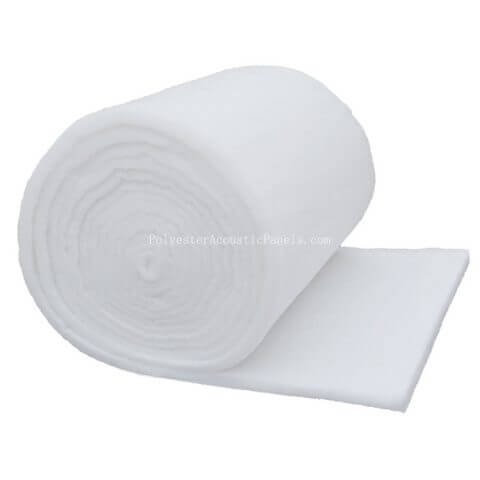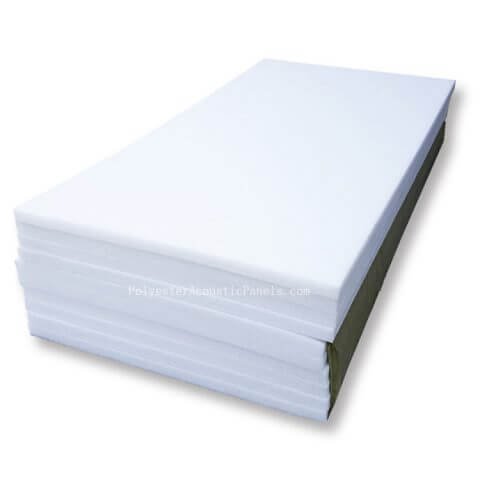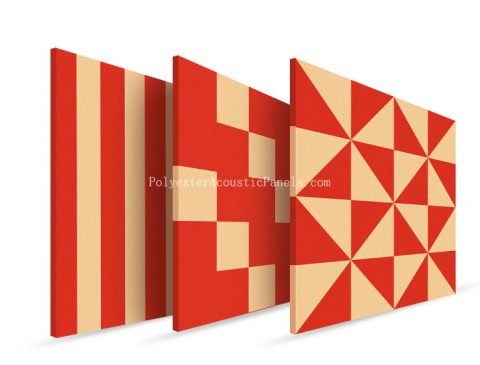Polyester Acoustic Panels Manufacturer
Acoustic Wool
When you spend money on acoustic wool insulation, you will create a guarantee of the future in terms of noise and comfort. When considering the type of insulation used, you need to answer some important questions. Let’s take a look at polyester and glass wool.
Fiberglass/glass wool is the main ingredient in the manufacture of the most popular acoustic wool insulation products. There are many benefits to using glass acoustic wool for soundproofing. Its fire rating is very high. The highest of its kind. Wool acoustic panels are made of recycled glass and sand. In addition, it does not absorb moisture, attracting pests or rot. The acoustic wool for soundproofing material is also easy to cut during installation. The acoustic wool for soundproofing product consists of millions of tiny air pockets that capture heat. This is how glass wool reduces heat penetration.

Acoustic Polyester Wool and Glass Wool
We compare glass wool to 100% polyester polyester wool. In addition to having most of the above advantages, polyester wool acoustic panel has some additional advantages. It is easy to handle, no breathable, itchy fibers. On the other hand, polyester acoustical wool has a slightly lower fire rating than glass wool.
The Benefits of Polyester Insulation
Non-allergic and non-itching
Safe and user friendly
No dust or loose fibers
Suitable for residential and commercial properties
Can be used as an insulating felt or blanket
Handle good moisture
Acoustical wool for soundproofing
Glass fiber of the same thickness has a slightly lower R value
High recycled content acoustic wool
Full range of R value products
Glasswool Insulation Benefits
Adequate supply. Most common material
Full range of R values for wall, ceiling and underfloor insulation
High recycled content – sand and glass
Suitable for residential and commercial properties
Higher fire rating than polyester products
Not well treated for water damage
Long life of 50 years
Can be used as a ceiling mat or blanket
Itching (glass fiber)
Need protective equipment
Polyester Acoustic Wool is non-allergic and non-itching
Polyester acoustical wool insulation is ideal for asthma patients. It is free of chemicals, fiberglass or dust. No protective devices are required to install this product. However, regardless of whether the roof space has been insulated and the type of insulation used, the old ceiling will inevitably accumulate a large amount of dust. All factors remain the same; polyester is still the least dusty insulation, especially for new buildings.
Glasswool Costs Less
You should also consider the cost of transporting insulation to the site. Polyester sound insulation materials are more bulky than glass wool. For example, the use of glass wool insulation to insulate a 130 square meter ceiling requires only one pallets, while the use of polyester insulation requires four pallets.




